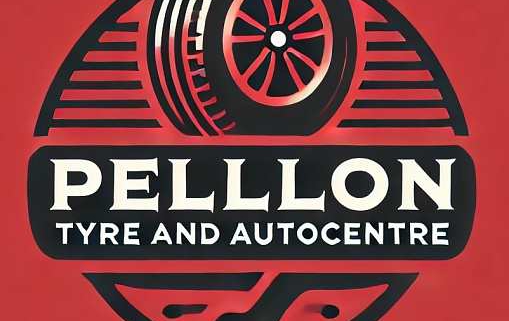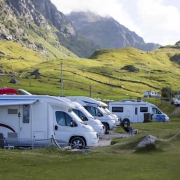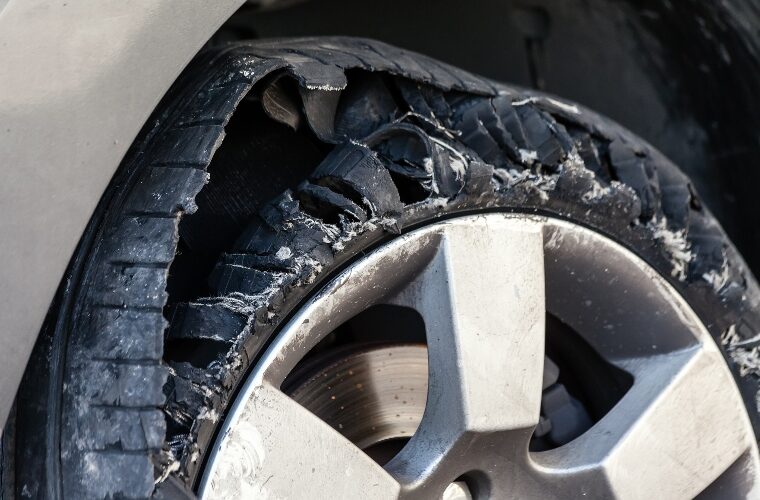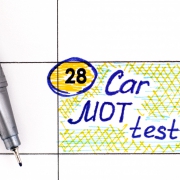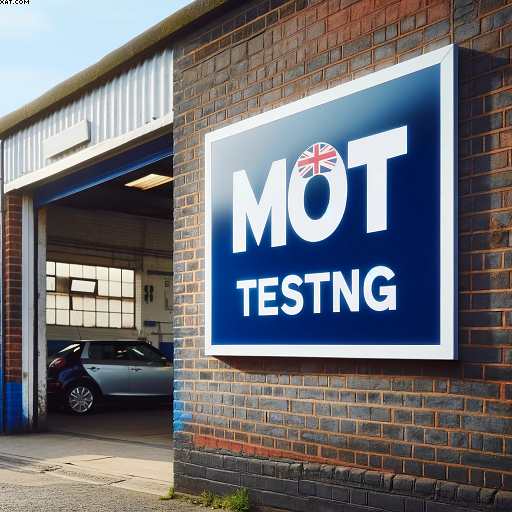Check Your caravan Tyres-This includes Motorhome tyres- before your journey
Table of Contents
Check Your caravan Tyres
Check Your CARAVAN TYRES
Tyre experts recommend that owners of any trailed vehicles should remove the complete wheel or wheels .Then take them to their favourite garage or auto centre. Then have them checked by a professional member of the team. It is important that the wheels are given a thorough inspection, this will ensure the safest possible outcome.
So, Check Your CARAVAN tyres. and MOTORHOME TYRES . The most common thing found on caravan tyres is sidewall cracking. This usually only comes to light when the tyre is removed. We can flex the sidewall with the tyre removed from the wheel, and this will show the extent of the cracking. This problem is due to the affect of ultra-violet light acting on the carbon black. This is in the make up of the tyre when the caravan is parked, and is more common on Old Michelin tyres.
This information also applies to motor-homes.
The wheels will be checked for corrosion. Then the tyres will be removed from the wheels and checked for internal cuts and damage. This is most important as unseen damage can become a nightmare scenario. Especially, when going down a motorway at sixty mile per hour and losing complete control due to tyre failure.
The tyre dealer will then Check Your vehicles tyres regularly, the outside of the for damage to the tread area and the sidewalls for cuts and cracks. Also important is to check the age of the tyre, this can be easily done by an expert fitter. Tyres do become out of date after six years and are affected by aging in the sidewalls.
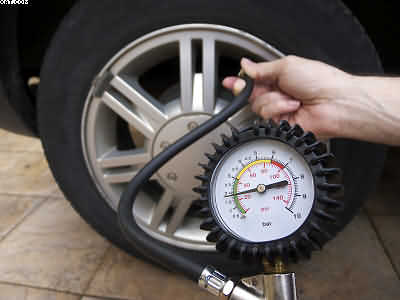
Check Your CARAVAN Tyres As stated above, cracks start to form around the rim area due to the caravan wheels been stood in the Sun for long hours. Especially, during the Summer months. And eventually the carbon black, that is used in the manufacture of the caravan tyres, starts to break down.
Small but deep cracks start to form around the rim area. This will eventually join up to create a very dangerous hazard. Indeed this is one of the most common cause for tyre blowouts on caravans and trailers. Any caravan tyres with cracks and cuts should be scrapped and replaced with a new tyre. Finally if everything is OK the pressures and tyre valves should be checked to the correct loading for your vehicle and trailer.
Another important point is to have the vehicle loading checked on your caravan tyres.
to make sure that the wheel setup conforms to your caravan’s or trailer’s recommended weight carrying capacity. Some of the larger, heavier vehicles require more heavy-duty tyres to carry the extra load; your tyre dealer will advise you on the correct fitments by advising you to fit either reinforced or larger ply rated ones.
Check Your CARAVAN tyres and pressures, which should always be checked and adjusted when the pressures are cold before every journey. If in doubt, replace them with new and correct caravan tyres.
2020 Update
At the present time, the caravan/motorhome market has hit the roof. Henceforth, so has the tyre market for these types of vehicles. So, it is even more important to fit the correct tyres on these vehicles. Of course, the main consideration is the weight that these vehicles will carry! Especially when loaded up ready for the holidays.
Most drivers of these vehicles are responsible and do buy the correct tyres. Indeed, tyre companies now make special tyres for these vehicles. Michelin tyres are a good example. Hence, offering the Michelin Agilis Camping tyre range.
Here’s a great Email that a kind customer sent about this subject:
Dear Mr. Roberts
I recently came across a blog which appears to be headed by you. The content was of great interest to me. So, for a large number of years, have had a 1988 Ford Transit Mk III AutoSleeper motorhome.
Which, I had bought it to try and improve on the lack of guts of an earlier Mk II Transit and to avoid the types of construction which led to continual water leaks!
I therefore pulled this Mk III Transit to pieces, using hands far more competent than myself, and fitted a 2.9 EFi V6 Ford engine with all ancillaries plus heavy duty clutch and gearbox.
Importantly, I then fitted a sub-frame with front axle, rear axle, running gear and anti roll bars etc. derived from a later heavy duty Transit and added adjustable dampers.
They were made in France.
I enquired of Technical Dept. at Michelin of the pressures I should run at and gave the weighbridge weights for my vehicle fully laden. Particularly emphasizing that it was single rear wheel axle set up.
They assured me, particularly the rear tyres, should run at 42psi. So, I questioned this but assurance was given again. Needless to say, with that pressure in the rear tyres, they looked as thought they had a puncture and would be unsafe to drive on!
The bullion vans were running 62psi minimum on the rear and I therefore put similar pressure in my rear tyres to put the matter right. This achieved transformation.
I therefore enjoyed my family trips to the West of Ireland and back many times and found the journeys comparatively relaxing compared with the trips in the previous Transit.
An MOT inspector commented that the vehicle was a delight to drive and asserted that it felt more like a high performance car than a motorhome.
He further added that most people merely stuffed a more powerful engine into a vehicle and did little more, but I had created a completely new vehicle by altering the specification so that everything gelled together to create something that might have come out of the factory.
I only had two problems with the tyres: the first not really with the tyre, was that I suffered a burst tyre valve (fortunately when the vehicle was stationary). I did write to the motoring press. They seemed to treat me as a crank and were unwilling to make the public aware of the dangers.
I fitted steel valves and solved the problem. Check Your caravan Tyres
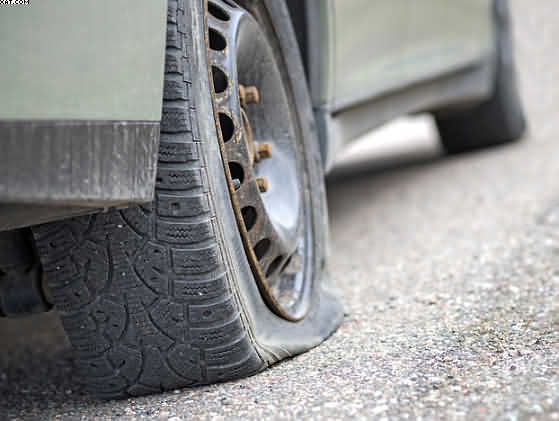
I noted in the motoring press, after about 3 years, an increasing number of letters. Advising motorhome owners who had gone down the motorway on their side or roof through a blowout. That they should fit steel valves when running high pressure!
The other problem I had, on a trip via Galloway: I woke up one morning on campsite. So, to find that one rear tyre appeared very soft. I went to the local tyre distributor! And estimated that I would receive my pension book before they got to attend to me!
I therefore put some air in the tyre and monitored it. It held pressure perfectly. When I got home, however, the mechanic who helps me. Indicated that one rear tyre had been cut deeply in the groove of the tread (almost as though with a Stanley knife).
He agreed with me however that it appeared to be tyre failure rather than sabotage. I merely fitted a replacement to match the others.
caravan tyre age law 2018, how much do caravan tyres cost, caravan tyre age law uk, 185r14c , caravan tyres, 14 inch caravan tyres.
